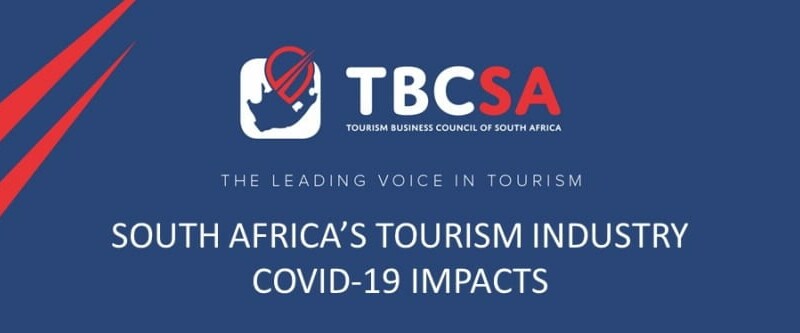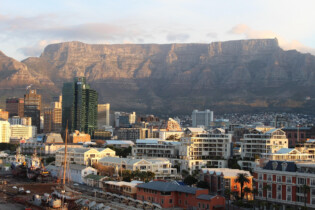It is common knowledge that the full tourism value chain has been badly affected by the Covid-19 pandemic, but seeing this impact in numbers in a recently released TBCSA report is grim.
Prior to the second wave, in October 2020, an International Finance Corporate (IFC) survey revealed:
- 28% of tourism businesses had closed, of which 5% were permanently closed
- 92% of business reported decreased revenues of 50% or more, with 36% reporting 100% lower revenue
- 78% of business reported forward bookings had decreased by 50% or more, with 23% reporting a 100% decrease
- 58% of businesses said they were unable to service debts
- 61% were unable to cover fixed costs
- 90% had reduced staff wages
- 77% had furloughed staff
- 55% indicated they needed financial assistance to survive
And then the second wave hit the country, and things got worse.
The closure of beaches, rivers, dams, lakes and parks, as well as the ban on alcohol sales and gatherings of more than 50 people, and a strict curfew, saw many tourists (domestic and international) cancel their summer holiday bookings. Plett Tourism’s quarterly survey of tourism businesses, for example, saw up to 70% cancellations. Where bookings were honoured, these were often as reduced rates which in turn compromises the sustainability of these businesses.
Plett Tourism’s quarterly survey of tourism businesses, for example, saw up to 70% cancellations.
 The report also notes that these economic impacts are felt beyond the tourism sector – only 24% of tourism spend is on accommodation, with the balance going to food and beverage, travel, restaurants, activities, events, artists, souvenir shops, informal hawkers, and more.
The report also notes that these economic impacts are felt beyond the tourism sector – only 24% of tourism spend is on accommodation, with the balance going to food and beverage, travel, restaurants, activities, events, artists, souvenir shops, informal hawkers, and more.
The economic value of events was also underscored. The British & Irish Lions Rugby Tour is due to take place in July and August 2021, and is expected to attract 27 000 visitors and bring over R1.1b into the country. With speculation that South Africa could experience a third wave of Covid-19 infections around May or June, there is the possibility it could be cancelled, postponed or held without spectators.
“Businesses with strong balance sheets rode out 2020 – but now running out of cash,” notes the report, while adding that the UIF TERS extension to mid-March, for which the details are yet to be confirmed, is helpful but will not be enough.
“Businesses with strong balance sheets rode out 2020 – but now running out of cash.”
TBCSA, or the Tourism Business Council of South Africa, is a not-for-profit umbrella organisation representing the unified voice of business in the travel and tourism sector, from airlines and hospitality to tourism services and business events. Working with its partners, TBCSA has outlined the following goals to assist the tourism industry through the challenges that lie ahead:
- The Government Loan Guarantee Scheme should take into consideration the travel and tourism landscape, with special rules for the industry
- The vaccination of tourism frontline staff is a critical part of recovery, and lobbying is needed for this to happen in phase two of the vaccine rollout
- The country’s message has to be managed to counter the “SA Covid-19 variant” narrative which has led to severe restrictions for travellers leaving South Africa
- Early communication on potential lockdowns is needed, i.e. Are there any discussion on Easter Lockdown?
- We need to be better prepared for the 3rd wave of Covid-19 infections, which is expected to hit during May/June/July
- We need to adopt a different lockdown approach to avoid a “start and stop” scenario
- There is a need to give confidence to both domestic and international potential tourists on our country’s regulations
To download the full TBCSA report, click here.
To view previous research reports on the tourism sector (April 2020 & July 2020), carried out by the International Finance Corporation (IFC), the Department of Tourism and TBCSA, click here.







